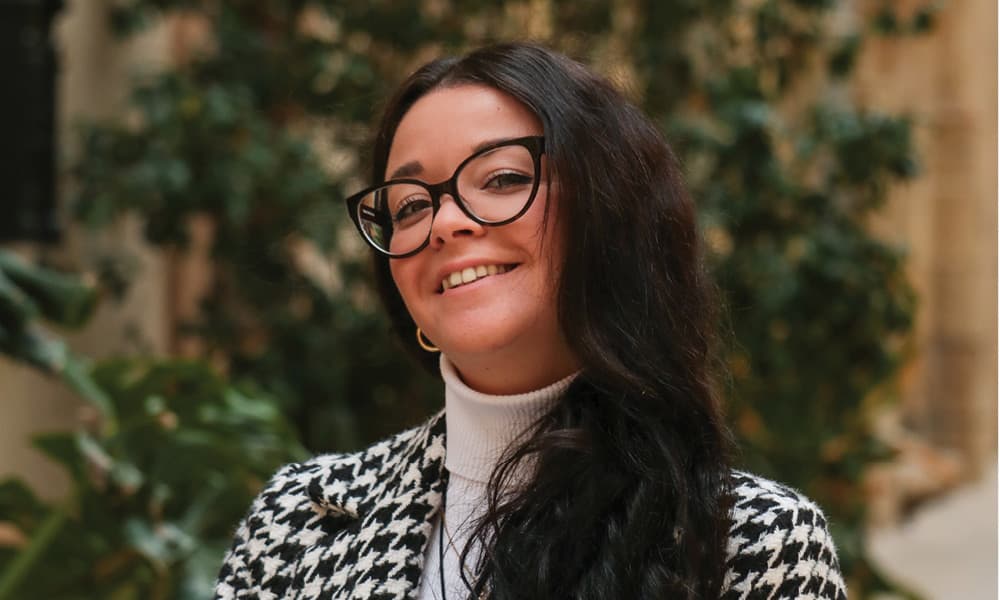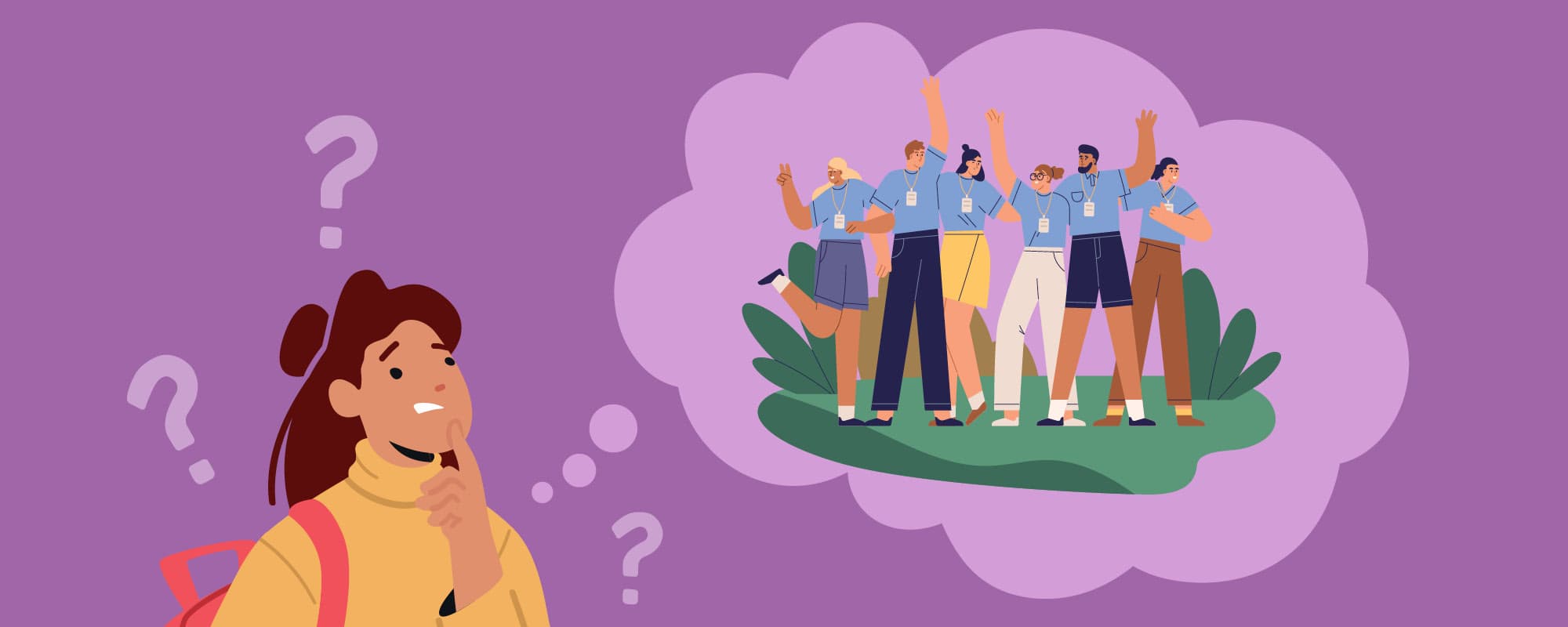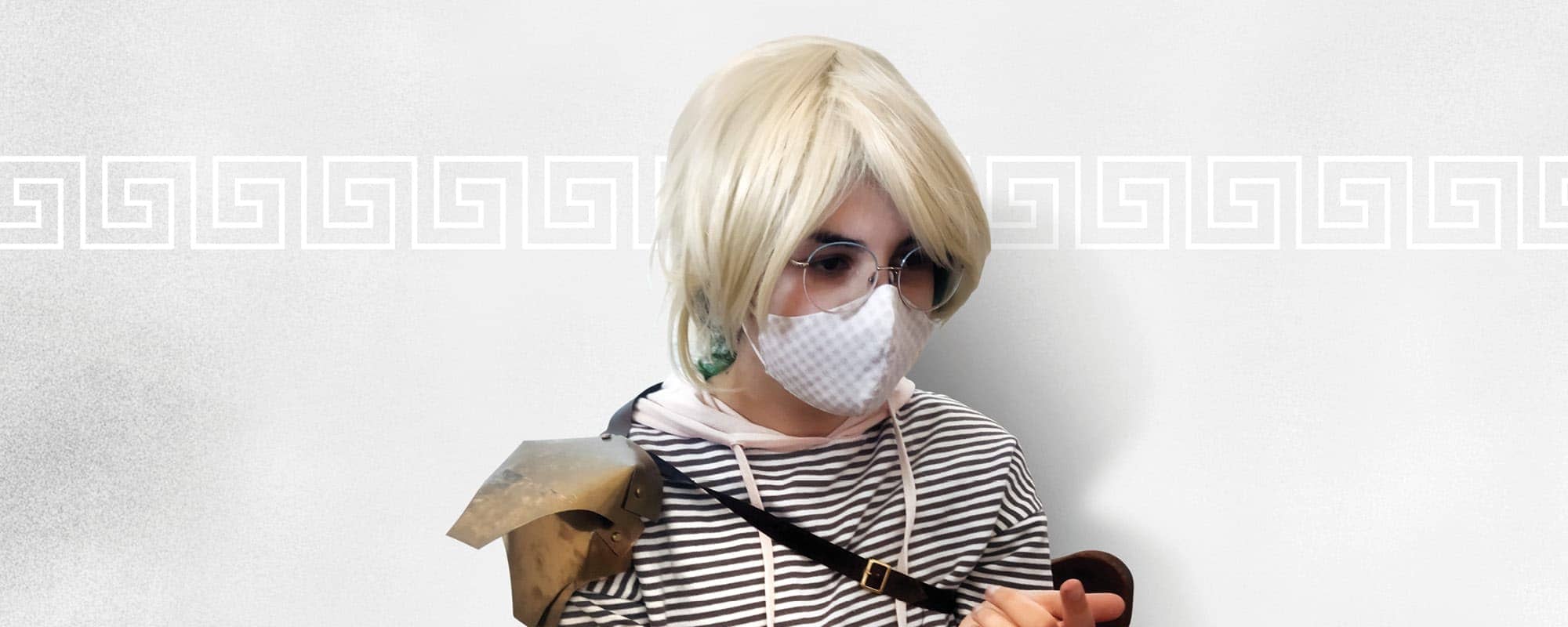Elderly people in residential care homes have been particularly affected by the pandemic and the safety measures associated with it. Isolation, loneliness, and the lack of physical touch are a few factors that have impacted their mental well-being.
Continue readingClaiming the Right to a Relationship
Everyone should have the right to explore intimate relationships, break up and make up, and find a place where they are comfortable in their sexuality. So why is it that people with disabilities are so often denied these experiences? Becky Catrin Jones speaks to Dr Claire Azzopardi Lane about her pioneering work
Continue readingVoluntourism: Do locals benefit as much as volunteers?
I believe we primarily choose to volunteer because of one, selfless reason: our heart. Travelling to volunteer, or voluntourism, is an emotionally enriching and rewarding experience. You’re tasting a totally different culture in all its raw authenticity, whilst ‘supporting’ someone or a community. It is gratifying; hence, there’s also a personal gain. But does volunteering actually help the local community? And do the locals benefit as much as we do? I believe there is simply no reason why both sides can’t benefit in different ways.

Whereas organisations, volunteers themselves, and their proud (if initially worried) families often portray the commendable aspect of volunteering, attracting adventurous tourists to help rural communities has become widely criticised by the media. The local community’s eventual dependency, coupled with unskilled volunteers, are amongst the most-cited adverse aspects.
Concerning dependency, one must question what would happen to an existing project if volunteers stopped visiting. For example, when the next pandemic hits and borders are closed again, will that newly built clinic retain the necessary equipment and staff to function within the rural community without the organisation being present? If the answer holds even a trickle of doubt, then the project has been well funded but not sustainably planned. Furthermore, we live in a predominantly individualistic society wherein a volunteer can be more concerned about their own experience, as opposed to how they’re actually contributing to the community.
However, it is also true that organisations and volunteers are striving to be more ethical and sustainable. In my opinion, unskilled volunteers are only a problem if they choose to join the wrong project. Unprepared volunteers are those who have not been well-informed about the community’s needs and how the organisation plans to achieve their goals.
Thus it is the organisation’s responsibility to foster an environment of sustainable volunteering with long-term goals, projects, and financial plans. For instance, using funds to engage permanent local staff whom volunteers can work with, rather than replace, minimises dependency and creates a collaborative work ethic for both sides.
More importantly, in my opinion, is the individual volunteer. In asking the right questions, understanding that change occurs gradually, and more significantly, respecting the different culture by taking into account the local perspective, one is immediately more mindful of the ethical consequences of their actions.
Do the locals benefit as much as voluntourists do? I really think we’d have to ask them first. Speak to them, interact; that’s where understanding the local perspective comes in! On the other hand, I strongly believe that cross-cultural exchanges — where equitable, collaborative, and honest discussions take place, and where friendships are formed — are the most intangible assets of volunteering for both locals and volunteers. Therefore, if all the aspects of a person’s wellbeing along with sustainability are strongly being considered, the world can only benefit from more understanding and active individuals!
Pandemic Pedagogy
Regardless whether we are self isolating or not, it is possible to grow and develop yourself professionally
Continue readingThe Worth of your Time
Jonathan Firbank investigates the conditions that led to the ‘Great Resignation’, where millions of people resigned throughout the COVID-19 pandemic. He discovers that it is less a consequence of an ‘anti-work movement’ and more a result of the mental health issues that workplaces can cause.
Continue readingWhat a trip, man.
Psychedelics conjure images of hippies and tie-dye, or they may trigger images of junkies and erratic behaviours. However, psychedelic drugs are gaining a reputation as possible therapies for many psychiatric disorders, and researchers are not shy about praising their benefits. Meanwhile, psychedelics are illegal in most countries, deemed dangerous, and their use socially condemned. THINK explores the ambiguity behind this class of drugs.
Continue readingBringing the Iliad to Life
Innovative teaching methods can make even the most ancient works feel contemporary
Continue readingBringing Politics to the People
Dr Mario Thomas Vassallo talks to THINK about he recent publication, ‘Kollox Politika.’
Continue readingGames, TAMED, and AI Empathy
TAMED is a University of Malta project developing ‘affective computing’ in video games, which would enable them to interpret human emotions. Jonathan Firbank goes into detail with Dr Konstantinos Makantasis.
Continue readingAnimal Rights: A Question of Pain
In the past few decades, animal rights issues have been an emerging topic, with debate growing louder, especially relating to the suffering that accompanies raising animals for human food production. THINK talks to Australian philosopher Peter Singer to discuss animal ethics.
Continue reading









